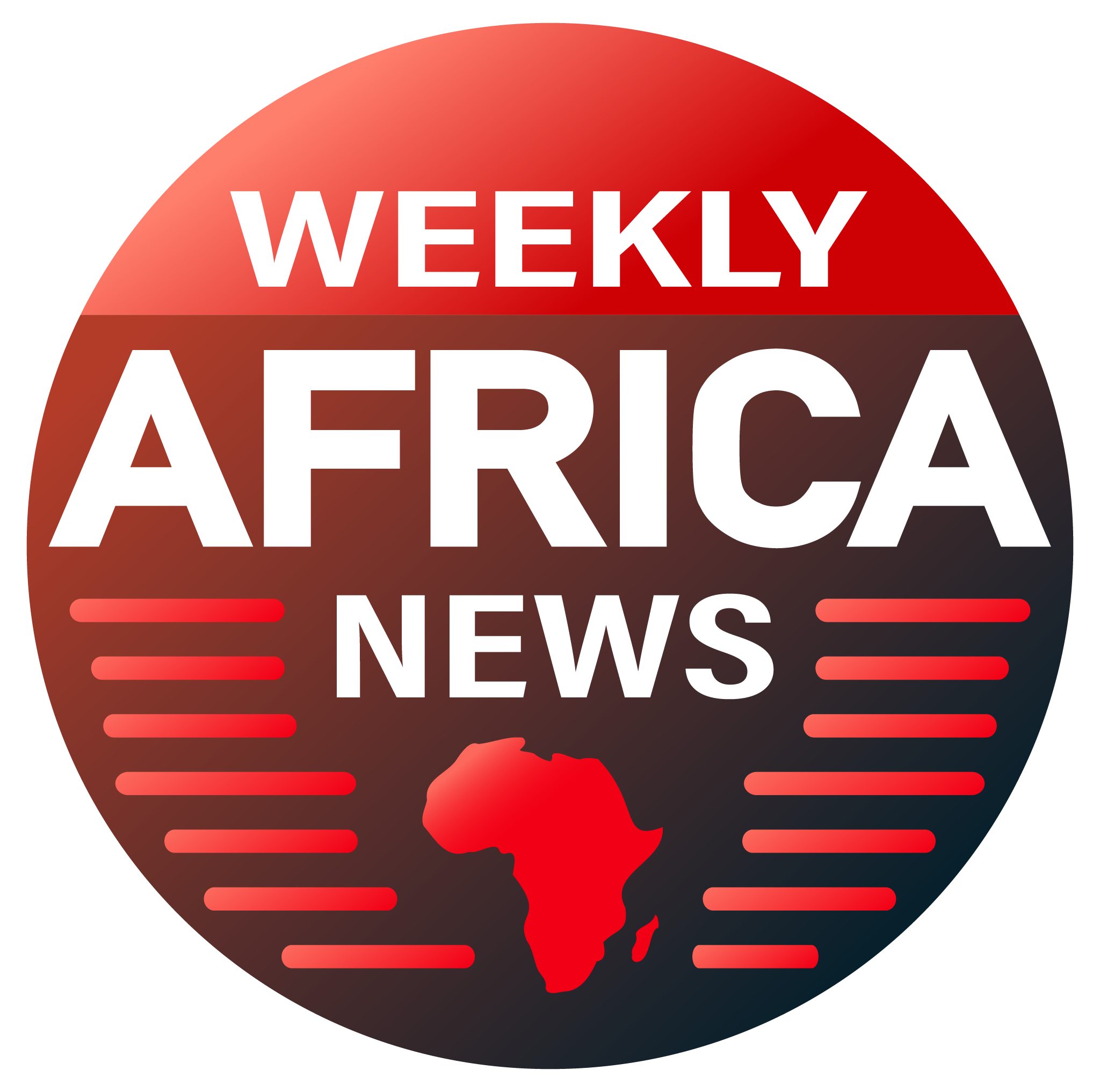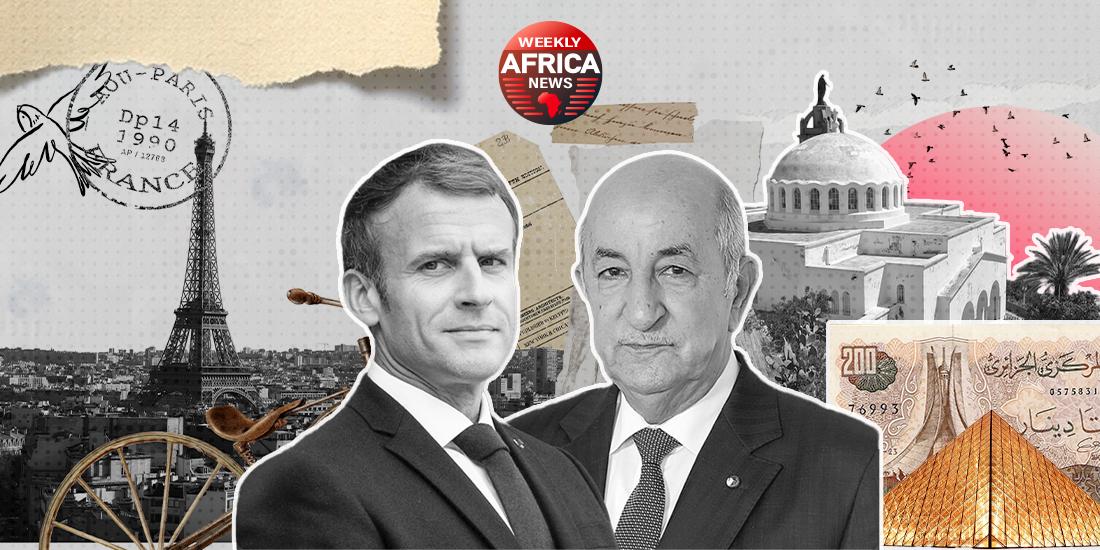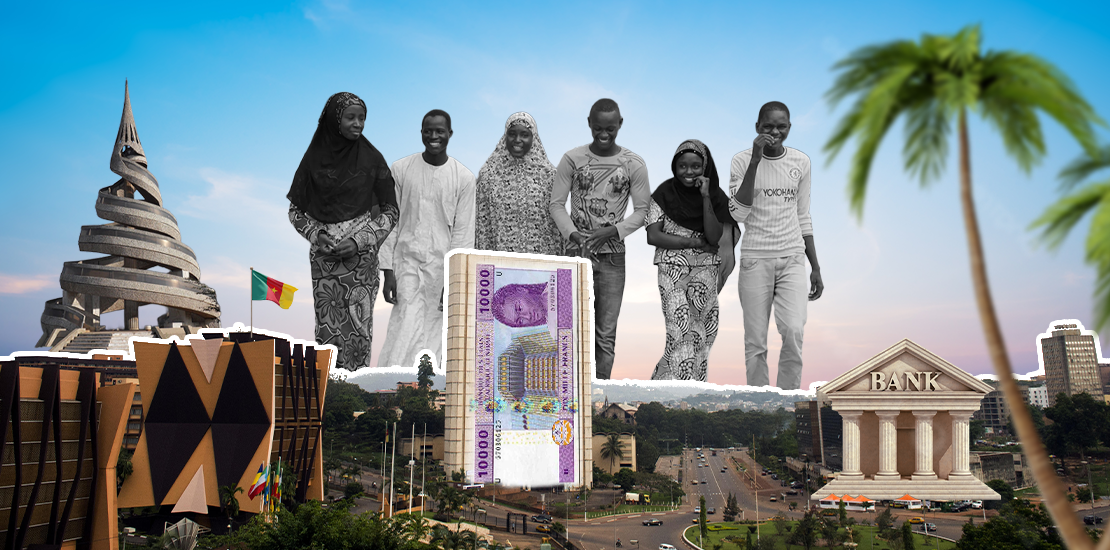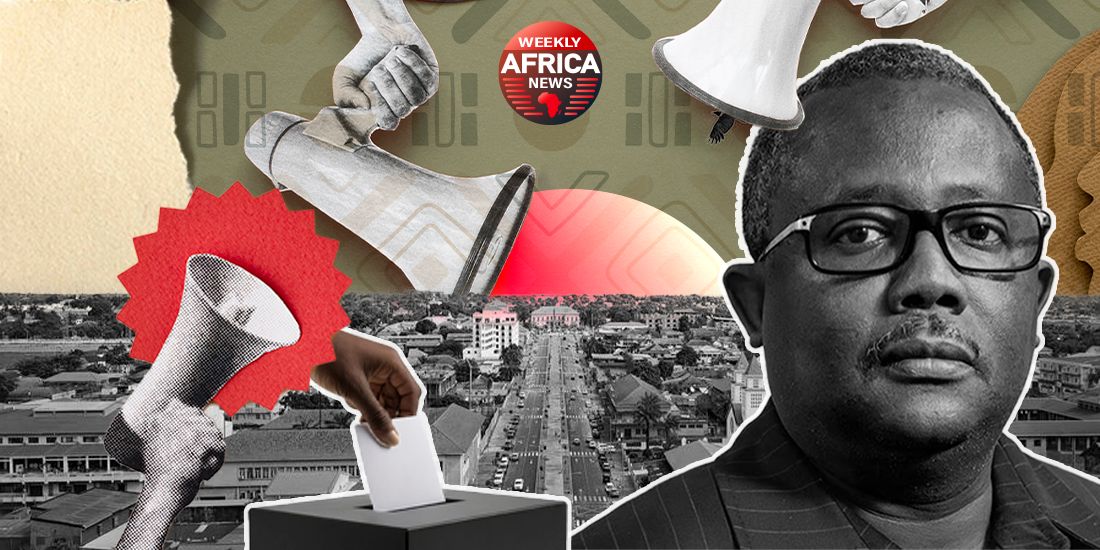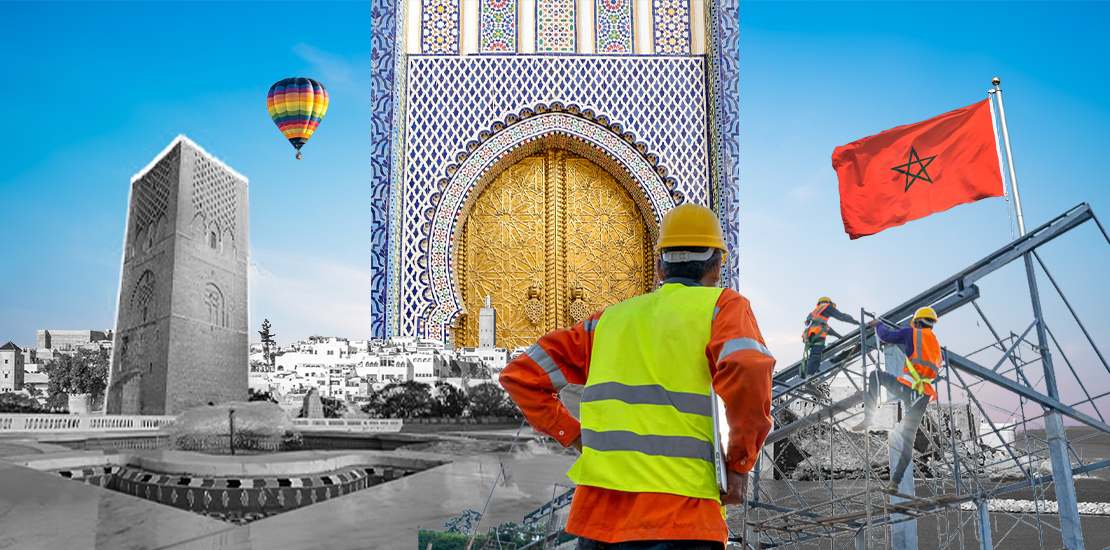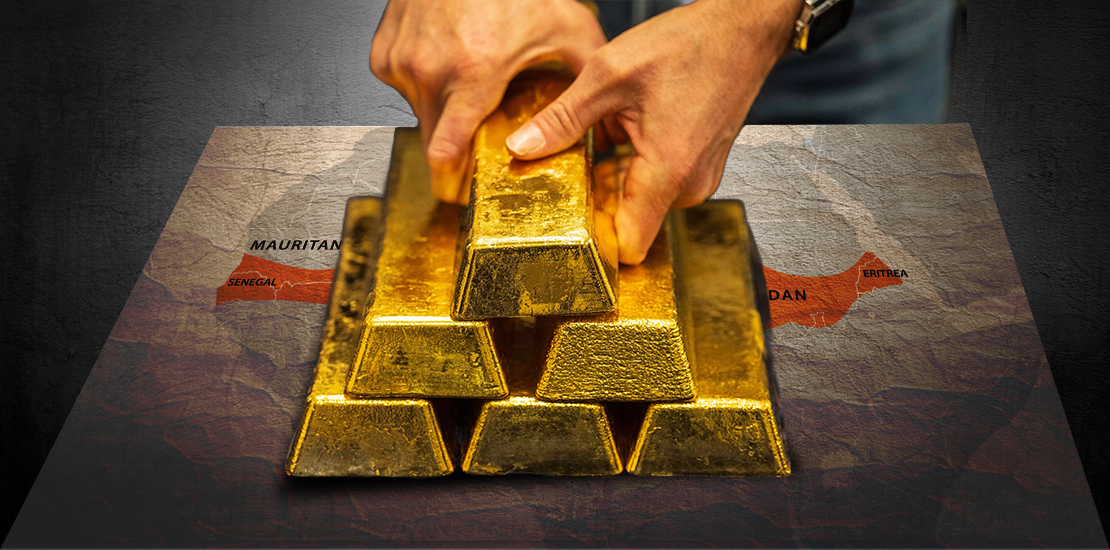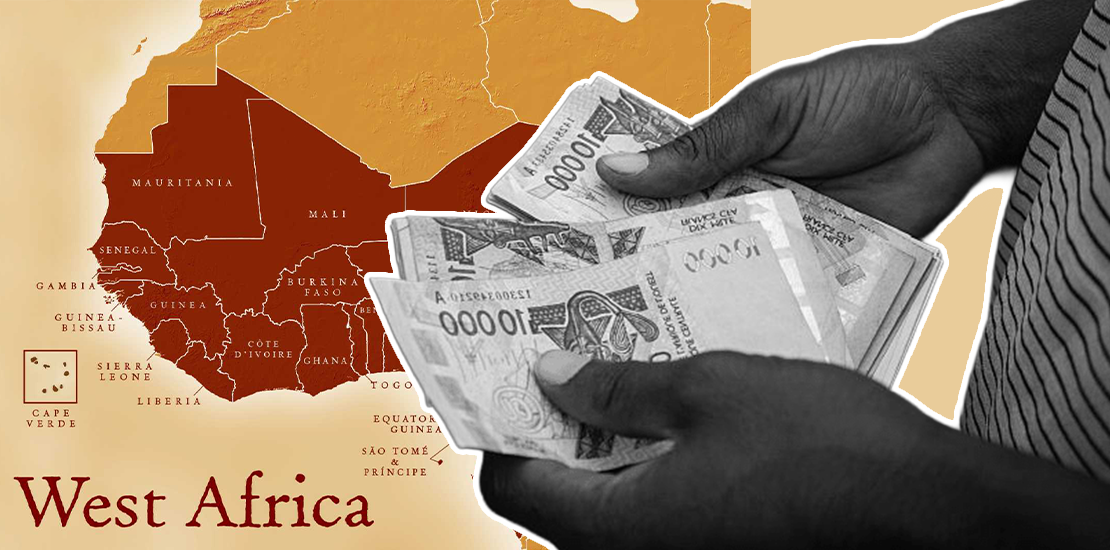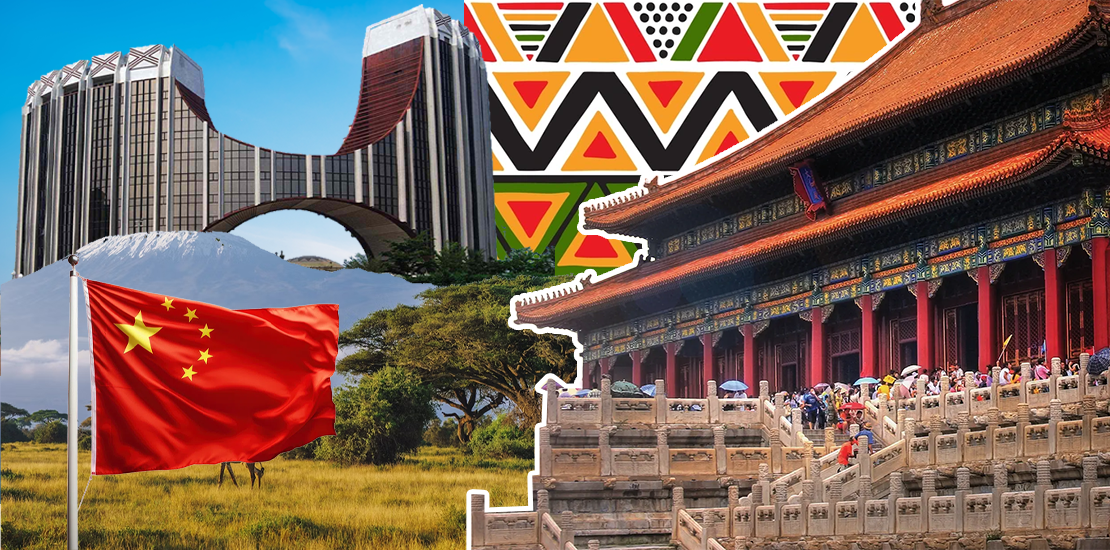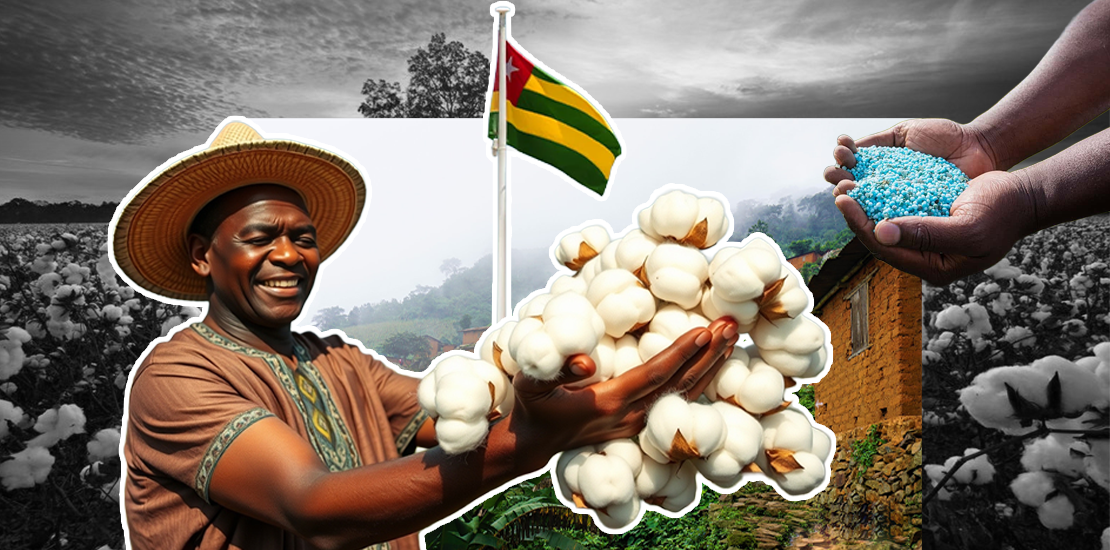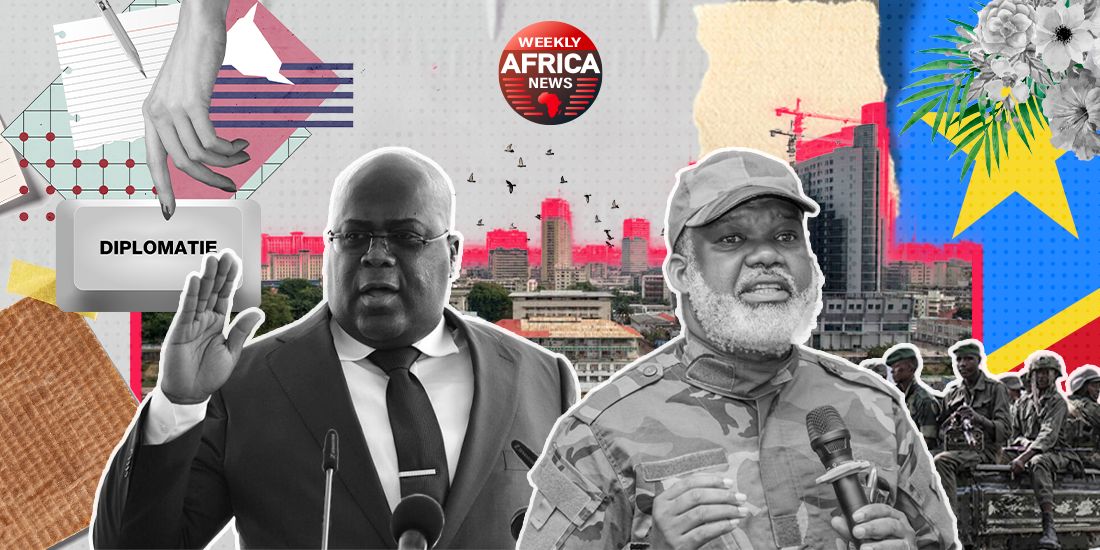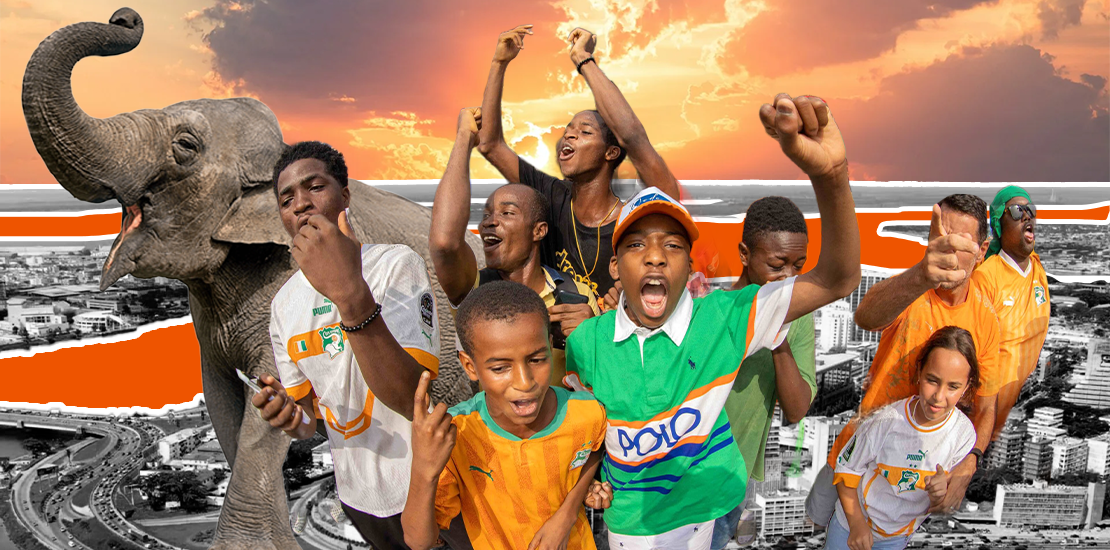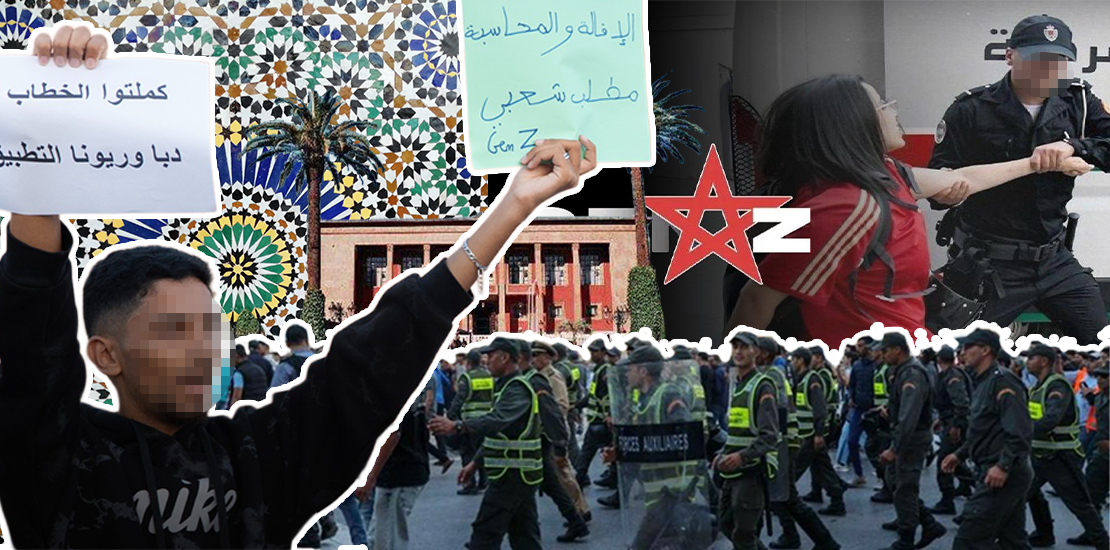The M23 crisis represents a major diplomatic challenge for Félix Tshisekedi, President of the Democratic Republic of Congo (DRC), who has to navigate skilfully against Paul Kagamé, the Rwandan head of state whose influence on the international scene remains significant. Since the end of 2021, eastern Congo has been rocked by the resurgence of the March 23 Movement (M23), a rebellion initially defeated in 2013 but now back in force, taking control of vast territories in the strategic provinces of North and South Kivu, to the point of directly threatening the provincial capitals of Goma and Bukavu. This escalation has provoked a major humanitarian tragedy and heightened the risk of a conflict with a regional dimension.
Faced with this security and humanitarian crisis, Félix Tshisekedi had to engage in a complex diplomatic struggle to gain international support. This was no easy task: his neighbor and rival Paul Kagamé, long held up as a model of stability and economic success, historically enjoyed relative diplomatic immunity linked to worldwide guilt over the 1994 Rwandan genocide. What’s more, Kagamé has skilfully positioned himself as a key partner of major Western powers, generally avoiding open criticism despite recurrent accusations of military and economic interference in the DRC.
However, recent developments on the ground have changed the diplomatic landscape. When the M23 successively seized the major cities of Goma and Bukavu, the scale of the threat became clear. This rebel military advance, combined with mounting evidence of the direct involvement of Rwandan troops, aroused deep international concern. The fear of regional contagion, raising the spectre of the devastating conflicts of the 1990s and 2000s in the Great Lakes region, forced international players to adopt a clearer and firmer stance.
Kinshasa’s diplomatic response was swift and strategic. Backed by active diplomacy, Félix Tshisekedi made use of existing mechanisms such as the Nairobi and Luanda mediation processes. Initially timid, these mediations gradually hardened in the face of growing evidence of external military support for the M23. Congolese diplomacy was able to capitalize on the emotion generated by the major humanitarian crisis, holding its partners to account.
The DRC’s efforts have borne fruit on the African continent. The African Union (AU) explicitly condemned the M23 attacks and called for the withdrawal of all foreign forces from Congolese territory, implicitly targeting Kigali. By elsewhere, Kinshasa has been able to rely on the East African Community (EAC), despite the mixed results of its regional force deployed in the Kivus. In the face of this relative effectiveness, Tshisekedi has also won the support of the Southern African Development Community (SADC), which has taken a particularly tough stance against Rwanda. South Africa, an influential player in the region, has directly warned Kigali against any further hostile military action.
At international level, this diplomatic evolution accelerated with key Western powers adopting unprecedented positions. The United Nations Security Council, traditionally cautious in its statements concerning Kigali, unanimously adopted an unprecedented resolution. The text openly condemns the M23 offensive and demands, for the first time explicitly, the immediate withdrawal of Rwandan forces from Congolese territory. This resolution represents a major turning point, a sign that even Rwanda’s traditional allies have reviewed their positions in view of the seriousness of the risk of regional conflict.
This diplomatic momentum was accompanied by concrete measures taken by several influential countries. The United States applied targeted sanctions against personalities close to Kagamé, perceived as architects of support for the M23. The European Union, for its part, imposed severe financial and economic restrictions on Kigali, threatening its access to the strategic European market for certain precious minerals derived from illicit Congolese trafficking. France, historically close to the DRC, adopted a particularly firm tone, unambiguously demanding an end to Rwandan military support for the rebellion.
This diplomatic shift marks a major victory for Félix Tshisekedi. Never before has Rwanda been so clearly designated as responsible for a crisis in the DRC, and never before has such an international consensus been reached in favor of the Congo. This diplomatic victory could mark a turning point in regional relations, and permanently redefine the balance of power between Kinshasa and Kigali.
However, major challenges remain. The M23, though diplomatically weakened, remains active on the ground and capable of carrying out significant military operations. As long as foreign forces remain present on Congolese territory, there is a real risk of widespread military escalation. What’s more, the international coalition now backing the DRC could be tempted to impose a rapid military solution, thereby heightening the risk of a major regional conflict reminiscent of the devastating wars of the recent past.
So, despite the major diplomatic breakthrough achieved by Félix Tshisekedi, the challenge remains. The key now lies in Kinshasa’s ability to transform this international support into concrete, lasting de-escalation. This will require sincere diplomatic negotiations between the DRC and Rwanda. A balanced political solution will have to incorporate not only the withdrawal of the rebels, but also address Rwanda’s legitimate security concerns, particularly with regard to the presence of the FDLR in the DRC.
In the final analysis, while Félix Tshisekedi has successfully mobilized the international community, the real challenge now is the effective implementation of a lasting peace in the battered provinces of North and South Kivu. The future of stability in the Great Lakes region will therefore depend on the next diplomatic and security steps. The current diplomatic success is just one step towards a lasting and solid peace, to which all regional and international players must sincerely contribute. Félix Tshisekedi has achieved a major diplomatic milestone, but the real challenge remains the effective construction of a lasting peace in the east of the Democratic Republic of Congo.
